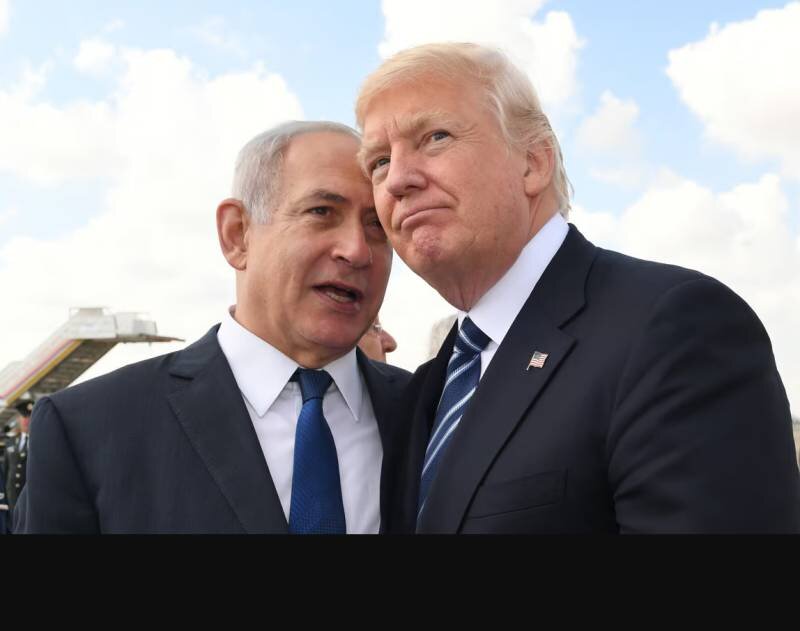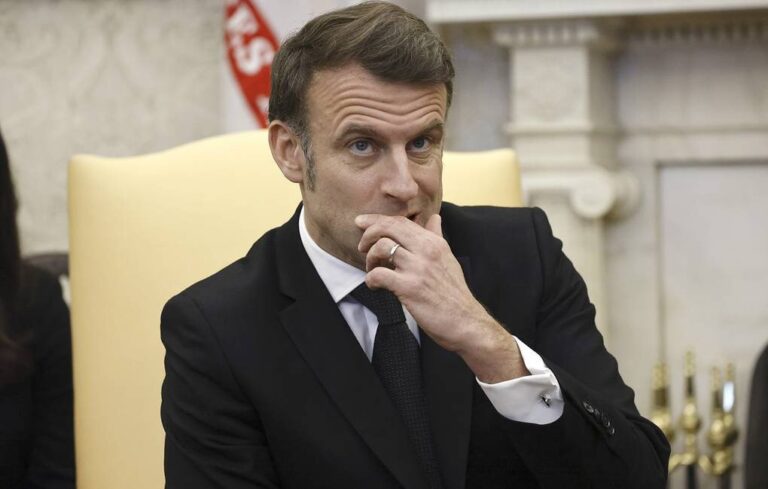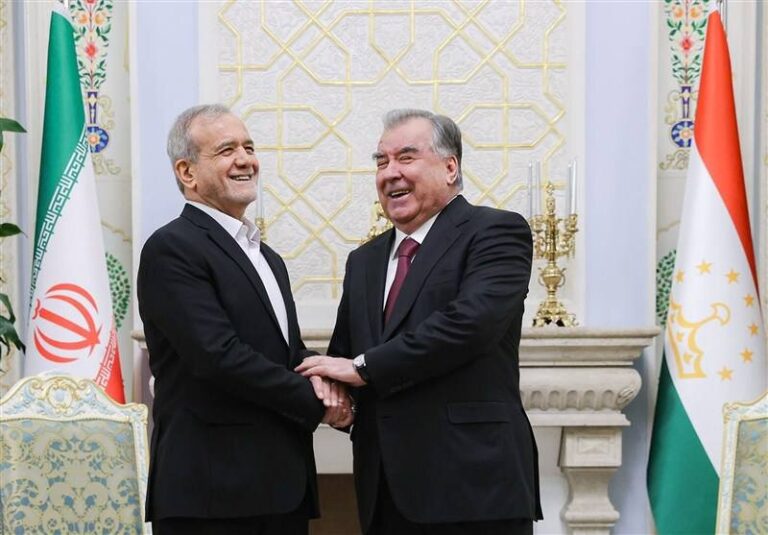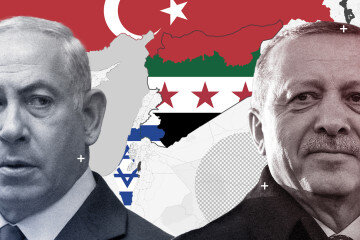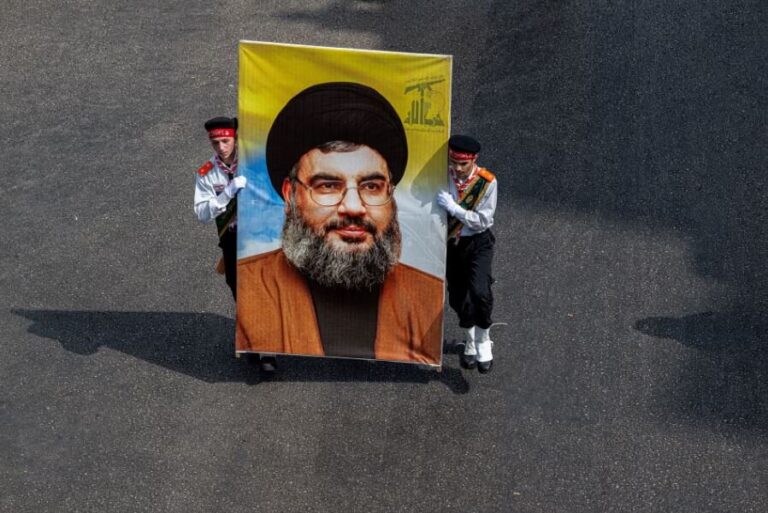Saudi Arabia Rejects Netanyahu’s Proposal for Hosting Palestinian State: A Bold Stand for Sovereignty
In recent developments, Saudi Arabia has vehemently criticized Israeli Prime Minister Benjamin Netanyahu’s controversial suggestion regarding the establishment of a Palestinian state. This situation highlights the ongoing tensions in the region and the complexities surrounding Palestinian rights and sovereignty.
According to a report by Al Jazeera, the Saudi Foreign Ministry issued a statement on Sunday condemning Netanyahu’s remarks, which they believe serve to “divert attention” from Israel’s persistent actions in Gaza, including accusations of “ethnic cleansing.”
The statement emphasized that the Palestinian people have an inherent right to their land. The Saudi Foreign Ministry asserted, “The kingdom affirms that the Palestinian people have a right to their land, and they are not intruders or immigrants to it who can be expelled whenever the brutal Israeli occupation wishes.”
Recently, during an interview on Israel’s Channel 14, Netanyahu made a statement that has sparked outrage across the Arab world. When an interviewer mistakenly referred to “Saudi state” instead of “Palestinian state,” Netanyahu responded:
“The Saudis can create a Palestinian state in Saudi Arabia; they have a lot of land over there.”
The interviewer responded positively, suggesting it was an idea worth exploring. This exchange has not only drawn criticism from Saudi Arabia but has also provoked strong reactions from several Arab nations, including:
- Qatar
- Jordan
- Egypt
- The United Arab Emirates
- Kuwait
- Iraq
In addition, the six-member Persian Gulf Cooperation Council (GCC) also expressed disapproval of Netanyahu’s comments. GCC Secretary-General Jasem Mohamed Albudaiwi stated:
“These dangerous and irresponsible statements confirm the approach of the Israeli occupation forces in their disrespect for international and UN laws and treaties and the sovereignty of states.”
The Saudi Foreign Ministry also extended its gratitude to the “brotherly countries” for their solidarity in denouncing Netanyahu’s remarks, further highlighting the collective Arab response to his controversial proposal.
This incident is not the first time discussions surrounding the Palestinian cause have been muddled by provocative suggestions. In fact, an earlier proposal by former United States President Donald Trump suggested that the US could “take over” Gaza and resettle Palestinians elsewhere, a move that would be regarded as ethnic cleansing. Such proposals have further complicated the already fragile situation in Gaza, especially in light of a tenuous ceasefire between Israel and Hamas.
Arab leaders have condemned Trump’s suggestion, aligning with the prevailing sentiment that any move undermining the sovereignty and rights of the Palestinian people is unacceptable. The echoes of these proposals resonate deeply within the context of ongoing Israeli-Palestinian relations, which remain fraught with tension and conflict.
As the situation continues to evolve, it is clear that the dialogue surrounding Palestinian statehood and rights is far from straightforward. The recent statements by Netanyahu have reignited discussions about the legitimacy of Palestinian claims to their land and the international community’s role in facilitating a resolution.
In conclusion, the exchanges between Israeli and Saudi officials reveal deep-seated issues that require careful navigation. The path toward peace and a just solution for the Palestinian people remains complex and challenging, with many stakeholders involved. The importance of respecting international law and acknowledging the rights of all parties is paramount in the quest for a lasting resolution.
